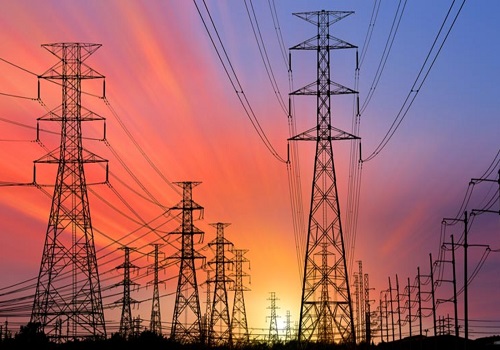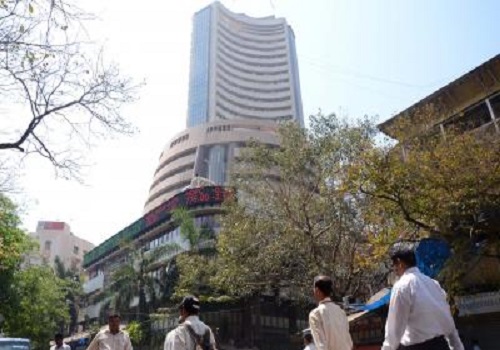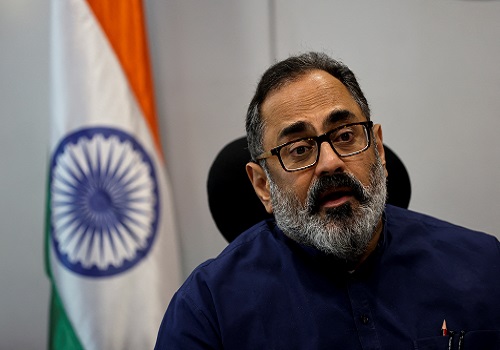India's manufacturing sector to take a hit as costs of commodities rise

Follow us Now on Telegram ! Get daily 10 - 12 important updates on Business, Finance and Investment. Join our Telegram Channel
India's manufacturing sector is expected to take a hit as commodities' costs have risen due to the ongoing Russian-Ukrainian crisis.
At present, international prices of crude oil, natural gas, coal, nickel, copper, aluminium, titanium, palladium have risen to multi-year high levels. The raw material prices will impact the sector which was already reeling under expensive commodities costs due to rise in their international demand and supply constraints.
Moreover, India is a major importer of these precious as well as industrial commodities.
"Due to higher crude prices, we may see higher freight charges, which will impact perishable and non-perishable commodities," IIFL Securities VP, Research, Anuj Gupta said.
"Services and the manufacturing sectors may be impacted badly due to higher prices. Higher commodity inflation is expected to impact India's GDP growth rate."
Besides, lower manufacturing growth will have a direct bearing on the country's GDP growth as well as job creation.
"We had expected Indian GDP to grow by 8 per cent in FY2023, boosted by a low base in H1, albeit contingent on the GoI's budgeted Capex kicking-off early," said Aditi Nayar, Chief Economist, ICRA.
"However, protracted geopolitical tensions and high commodity prices pose large downside risks, with margin compression set to squeeze value added growth during the period of the conflict."
Earlier, the seasonally adjusted IHS Markit India Manufacturing Purchasing Managers' Index (PMI) report for February noted a further increase in average input costs faced by Indian manufacturers. It said that purchase price inflation was sharp, but softened to a six-month low. Part of this additional cost burden was passed on in the form of higher selling charges, though the rate of increase was modest.
"In terms of commodities, there is a great deal of reliance on Russia for aluminium, copper, and other precious metals, and supplies of these commodities will be impacted. Aside from that, there is an impact on logistics as a result of the war," said Kshitij Purohit, Lead of Commodities and Currencies CapitalVia Global Research.
"Manufacturers will have raw material issues for some specific time frame."
The trend might ease India's industrial output further.
Recent data cited that subdued manufacturing growth as well as unfavourable base had eased India's industrial output sequentially as well as on a year-on-year basis in December 2021.
The Index of Industrial Production (IIP) for December 2021 rose by only 0.4 per cent from a rise of 1.34 per cent reported for November 2021.
Similarly, the production rate was lower on a year-on-year basis. In December 2020, the IIP had risen by 2.2 per cent.
"A number of sectors are linked to crude, aluminium, coal – both coking, non coking, copper and nickel. At an overall level, amid geopolitical risks, prices of energy commodities will likely remain elevated over the short term," said Hetal Gandhi, Director, Crisil Research.
"Sectors like tyres and paints have already seen a sharp drop in margins in FY22 and margins may just about sustain. However, cement may see a drop in margins amid higher coal and transportation cost. Similarly Steel and aluminium may also see a drop in margins in fiscal 2023 amid higher raw material cost."

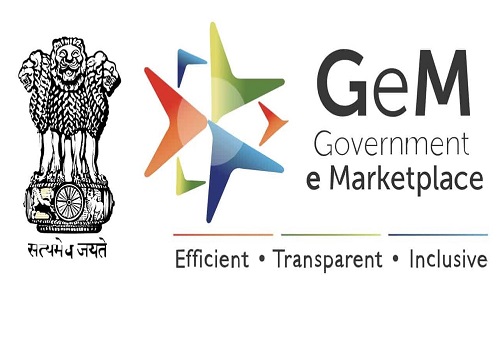

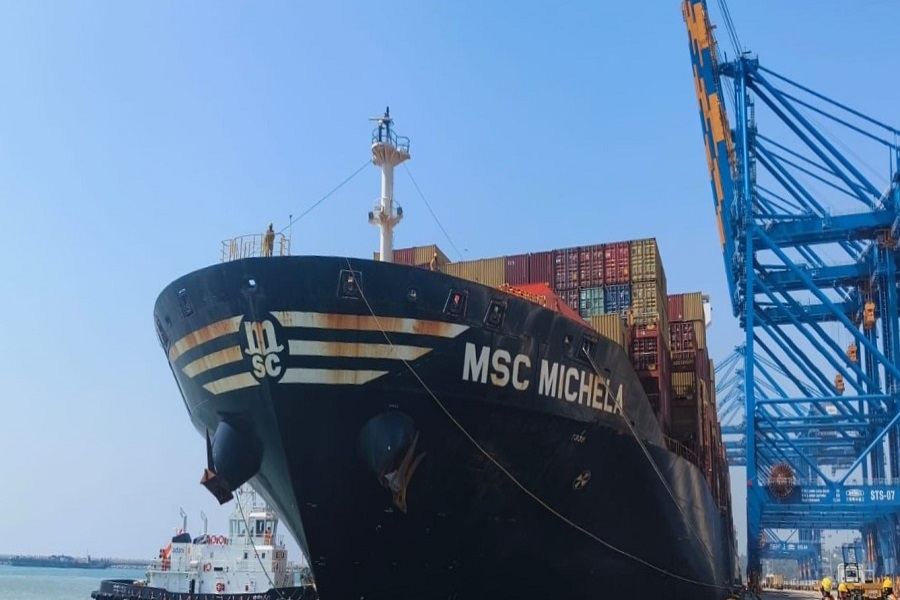




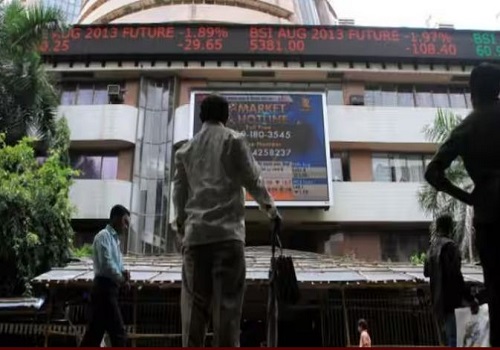



 320-x-100_uti_gold.jpg" alt="Advertisement">
320-x-100_uti_gold.jpg" alt="Advertisement">



